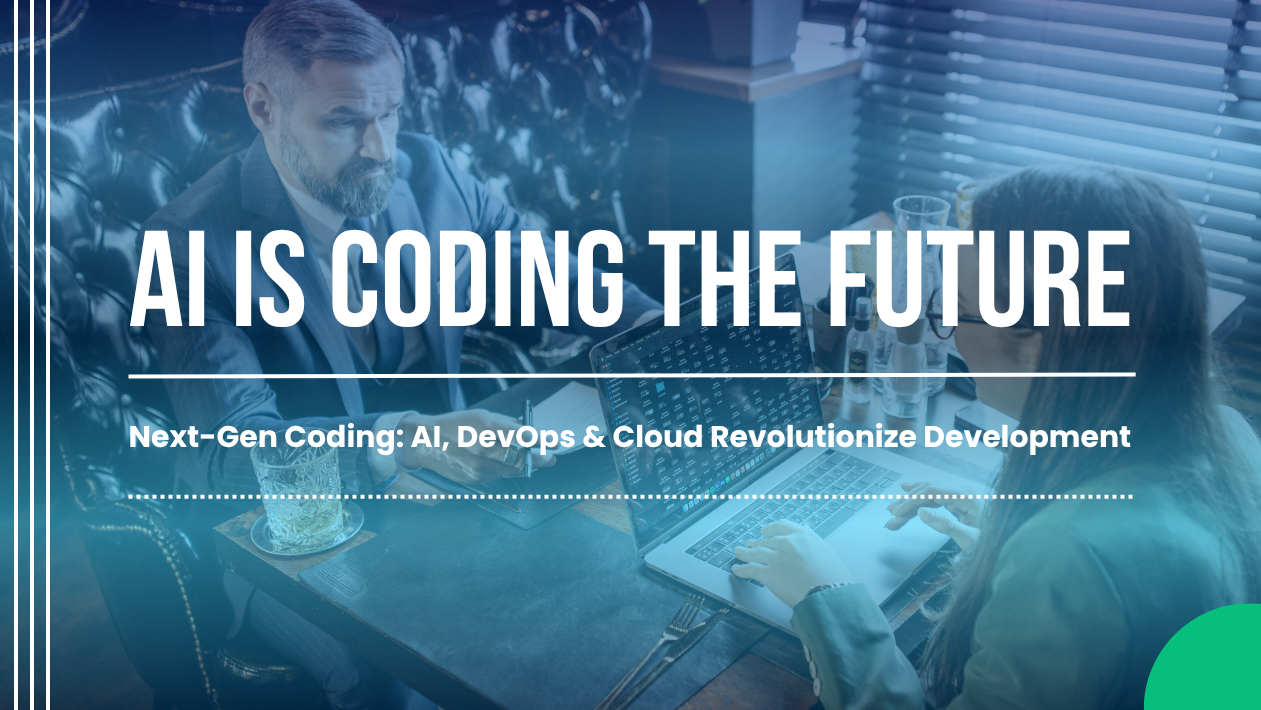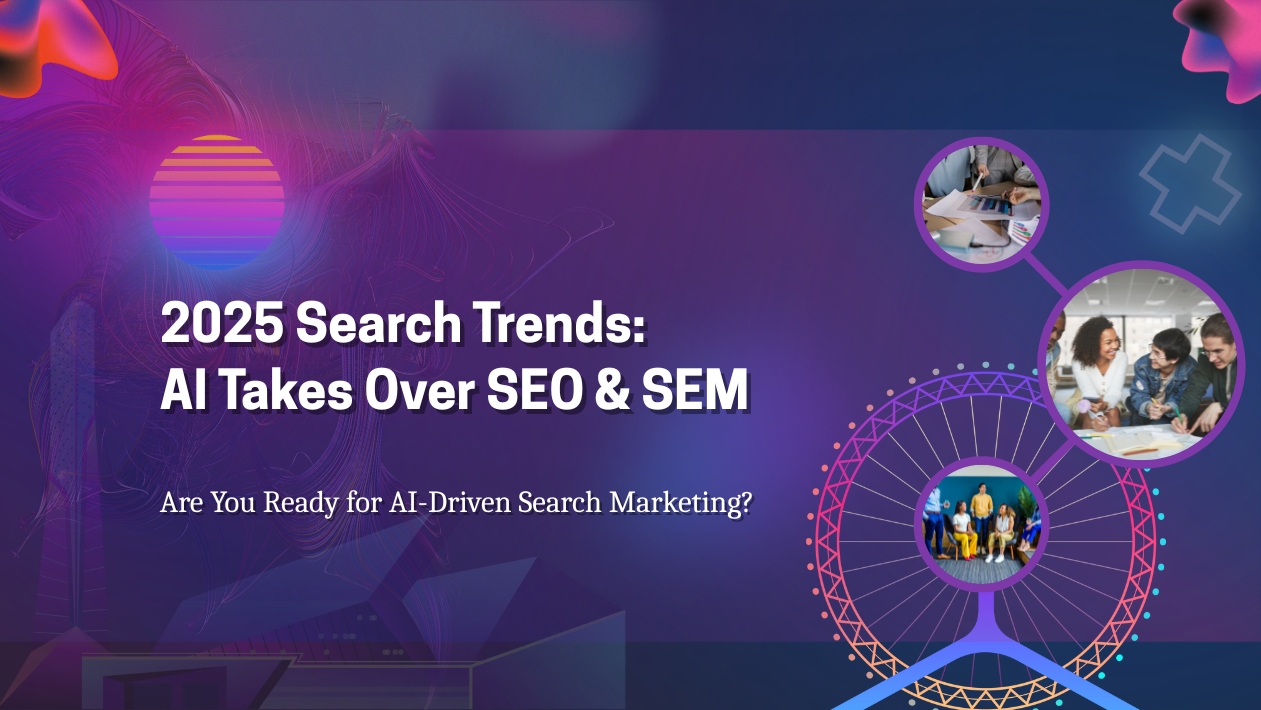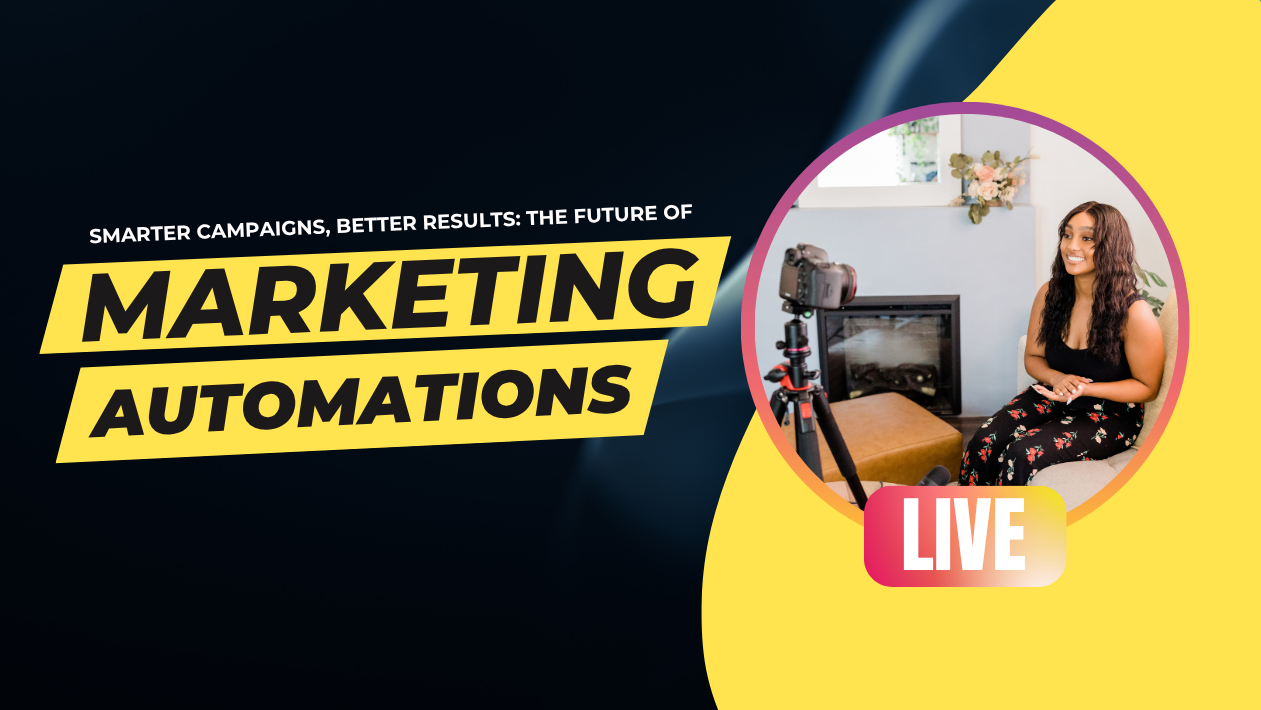The software development landscape in 2025 is undergoing rapid evolution, driven by breakthroughs in AI-assisted programming, the widespread adoption of low-code/no-code platforms, and a renewed focus on developer productivity and experience.
As organizations across industries race to digitize operations, the pressure on development teams to deliver faster, smarter, and more securely has never been higher.
AI Becomes the Developer’s New Coding Partner
AI coding assistants like GitHub Copilot X, Amazon CodeWhisperer, and Tabnine are now mainstream in development environments, helping programmers write, debug, and document code more efficiently. These tools offer context-aware suggestions, auto-complete functions, and even generate test cases, saving teams hundreds of hours.
Some companies report a 30–50% increase in development speed by integrating AI into their workflows.
Low-Code/No-Code Platforms Empower Business Teams
Enterprises are adopting low-code platforms like OutSystems, Mendix, and Microsoft Power Apps to enable non-technical staff to build internal tools and automate workflows. This democratization of software creation is helping close the IT delivery gap, especially in sectors like finance, healthcare, and logistics.
Even professional developers are leveraging these platforms to prototype faster and offload repetitive UI work.
DevOps and Platform Engineering Merge
The rise of Platform Engineering in 2025 is transforming how DevOps teams operate. Internal developer platforms (IDPs) are standardizing environments, automating deployments, and enabling self-service infrastructure provisioning, freeing developers to focus on code rather than configuration.
With tools like Backstage, Port, and Humanitec, teams are improving velocity without compromising stability or security.
Security Shift-Left and AI Code Review Tools
Security is no longer a final checkpoint—teams are embedding automated security scanning and AI-based code review from the start. Tools like Snyk, SonarQube, and DeepCode are flagging vulnerabilities and code smells in real-time, reducing the cost of fixing bugs and improving compliance across industries.
The Developer Experience (DevEx) Movement Gains Momentum
2025 has seen the rise of Developer Experience (DevEx) as a core focus area. Organizations are investing in better tooling, documentation, onboarding flows, and feedback loops to improve developer satisfaction, retention, and productivity.
Google, Spotify, and Shopify are leading the way with dedicated DevEx teams, measuring everything from build times to API usability.
AI-Powered Testing and CI/CD Pipelines
AI is also enhancing automated testing and continuous delivery. New platforms are capable of generating test cases, predicting flaky tests, and even orchestrating test environments on demand, helping development teams maintain quality while moving at speed.
Looking Forward: Software Development as an Intelligent, Collaborative Ecosystem
The future of software development lies in collaborative intelligence—where human creativity and machine learning work hand in hand. As AI models become more capable, developers will shift toward architectural thinking, ethical considerations, and product strategy, while automation handles the grunt work.
In short, software engineering in 2025 is no longer just about writing code—it’s about building smart systems that build themselves.






https://shorturl.fm/WWy55